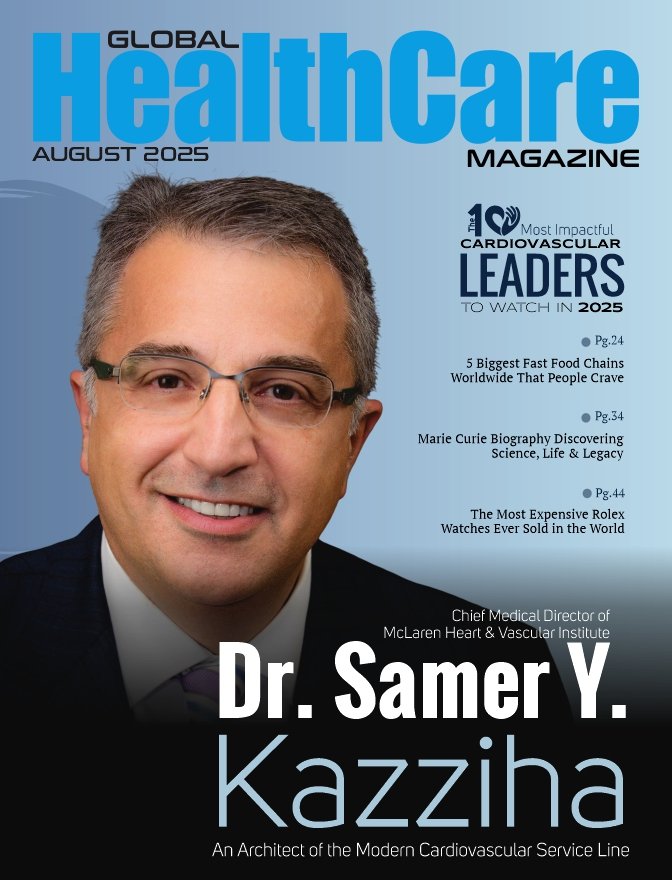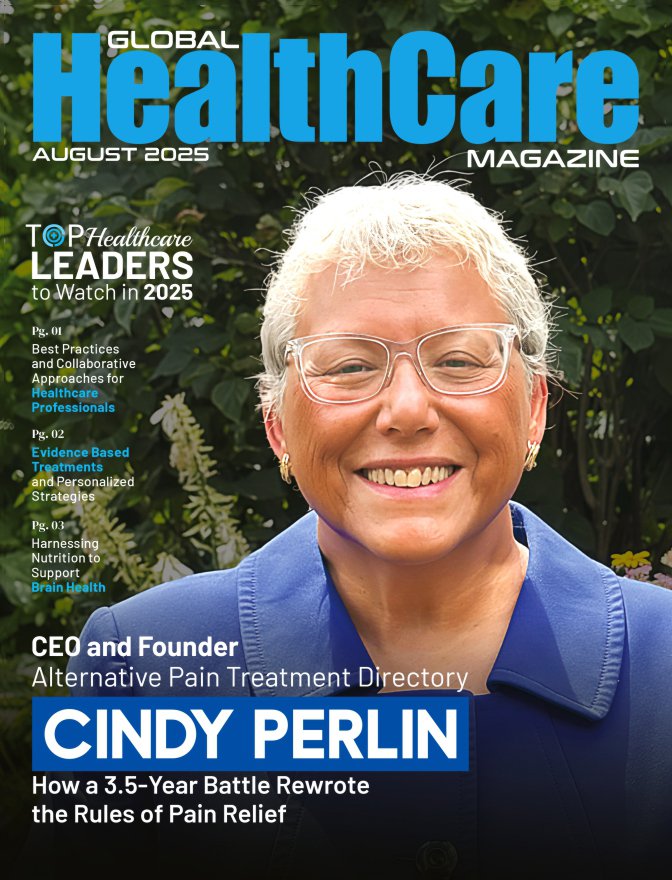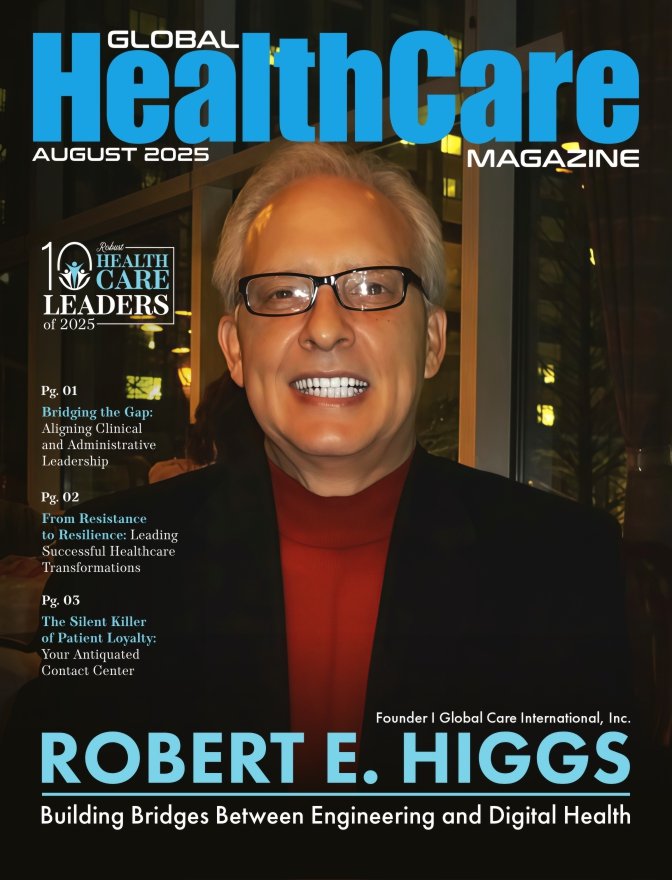The COVID-19 pandemic changed life as we knew it, almost overnight. While much of the focus was rightfully placed on physical health, the long-term effects on mental well-being became increasingly clear as the months wore on. From isolation and job insecurity to grief and uncertainty, the pandemic took a serious toll on emotional health for millions of people around the world.
As we move forward, one thing has become undeniable: the demand for mental health support has grown dramatically, and it’s not slowing down. What used to be seen as a private or even taboo topic is now part of everyday conversation, and more people than ever are seeking help. The need for qualified mental health professionals has skyrocketed, creating both a challenge and an opportunity for those who want to make a difference.
More People, More Problems: Why the Need Keeps Growing
Since the pandemic began, studies have shown sharp increases in anxiety, depression, and trauma-related stress. These issues affect all age groups, from children adjusting to remote learning to seniors facing prolonged isolation. In many communities, especially rural areas and low-income neighborhoods, access to therapy and counseling has always been limited. Now, with more people in need, the existing mental health workforce is struggling to keep up.
This growing demand is encouraging more people to consider a career in mental health care. Fortunately, pursuing this path has become more accessible than ever. Many schools now offer flexible degree options that don’t require you to leave your job or relocate. In fact, many aspiring professionals are choosing the most affordable online counseling degrees to get started. These programs offer quality education at a lower cost and provide the flexibility to study from home. For anyone looking to enter the field quickly and affordably, this path offers a practical solution with real-world impact.
By making counseling education more affordable and accessible, more people can answer the call to serve in one of the most needed professions of our time.
A Shift in Public Perception
Not long ago, people often avoided talking about mental health. Admitting to stress, anxiety, or depression was viewed as a weakness, especially in professional or social settings. But the pandemic helped change that. When everyone was struggling in some way, whether it was dealing with isolation, parenting challenges, or grief, mental health became part of the mainstream conversation.
This cultural shift has done more than increase awareness. It’s created a more open and supportive environment for people seeking help and for those entering the profession. Young adults in particular are showing a strong interest in mental health careers, driven by a desire to support others and reduce stigma.
As society continues to embrace emotional well-being as part of a healthy lifestyle, the demand for trained, empathetic professionals is likely to remain high.
Technology, Telehealth, and New Modes of Access
Technology has revolutionized nearly every part of our lives, and mental health care is no exception. During the height of the pandemic, many therapy practices had to shift online almost overnight. What began as a necessity has now become a preferred method for many clients and professionals alike.
Telehealth services make it easier for people to access therapy regardless of their location, transportation options, or work schedule. It has also opened the door for new types of counseling, including text-based support, video therapy, and wellness apps. These changes have expanded opportunities for mental health professionals who are comfortable working in digital spaces.
Now, counselors are often trained to support clients both in person and online. This flexibility not only benefits clients but also gives professionals more control over their work environment and schedule.
Opportunities for Career Changers and New Graduates
If you’ve been thinking about switching careers or looking for meaningful work, now is a great time to explore mental health as a profession. Whether you’re in your 20s or your 50s, it’s never too late to start fresh. The growing demand means that job opportunities are expanding, and many positions offer competitive salaries and room for growth.
What’s especially appealing is that many counseling programs, including online degrees, are designed for working adults. You can keep your current job while preparing for a new career. And because more schools are offering accredited, affordable online programs, there are fewer barriers to entry than ever before.
For new graduates just starting, mental health is a field with a purpose. It allows you to make a real difference in people’s lives while also building a stable and rewarding career.
Making Mental Health a Core Part of Public Health
Over the past few years, it’s become increasingly clear that mental health is public health. From schools and hospitals to community centers and workplaces, the need for emotional support is everywhere. Employers are adding mental health benefits, schools are hiring more counselors, and hospitals are expanding behavioral health departments.
It means that mental health professionals are no longer limited to traditional therapy settings. You’ll find them working alongside doctors, teachers, human resource teams, and even first responders. The field is growing in both reach and respect, offering a wider range of opportunities for those entering the profession.
Because the work intersects with so many aspects of daily life, counselors today are not only therapists, they’re educators, advocates, and community leaders.
The Road Ahead: How to Prepare for a Career in Counseling
If you’re serious about becoming a counselor, it’s important to understand what the path looks like. Typically, it starts with earning a bachelor’s degree in psychology, social work, or a related field. From there, most people pursue a master’s degree and complete clinical training or supervised hours before becoming licensed.
That might sound like a big commitment, and it is, but it’s also manageable. Many programs are designed with flexibility in mind, especially online options that allow you to work and study at the same time. Choosing the right program can make all the difference in how quickly and affordably you get started.
By selecting a program that balances quality, cost, and flexibility, you’ll set yourself up for success in a field that truly needs more dedicated professionals.
The mental health crisis isn’t going away, but that also means the opportunity to make a difference has never been greater. Whether you’re drawn to the field because of personal experience or want to support others in a meaningful way, now is the time to step forward.
Affordable and flexible education options have made it easier than ever to begin this journey. As more people seek support, the role of a mental health professional becomes not just valuable but essential.
By choosing to be part of the solution, you can help build a healthier, more compassionate future for individuals and communities alike.
Also Read: UnitedHealth’s Medicare Fraud Case is Drowning Group’s Credibility: Who’s Been Affected?

















